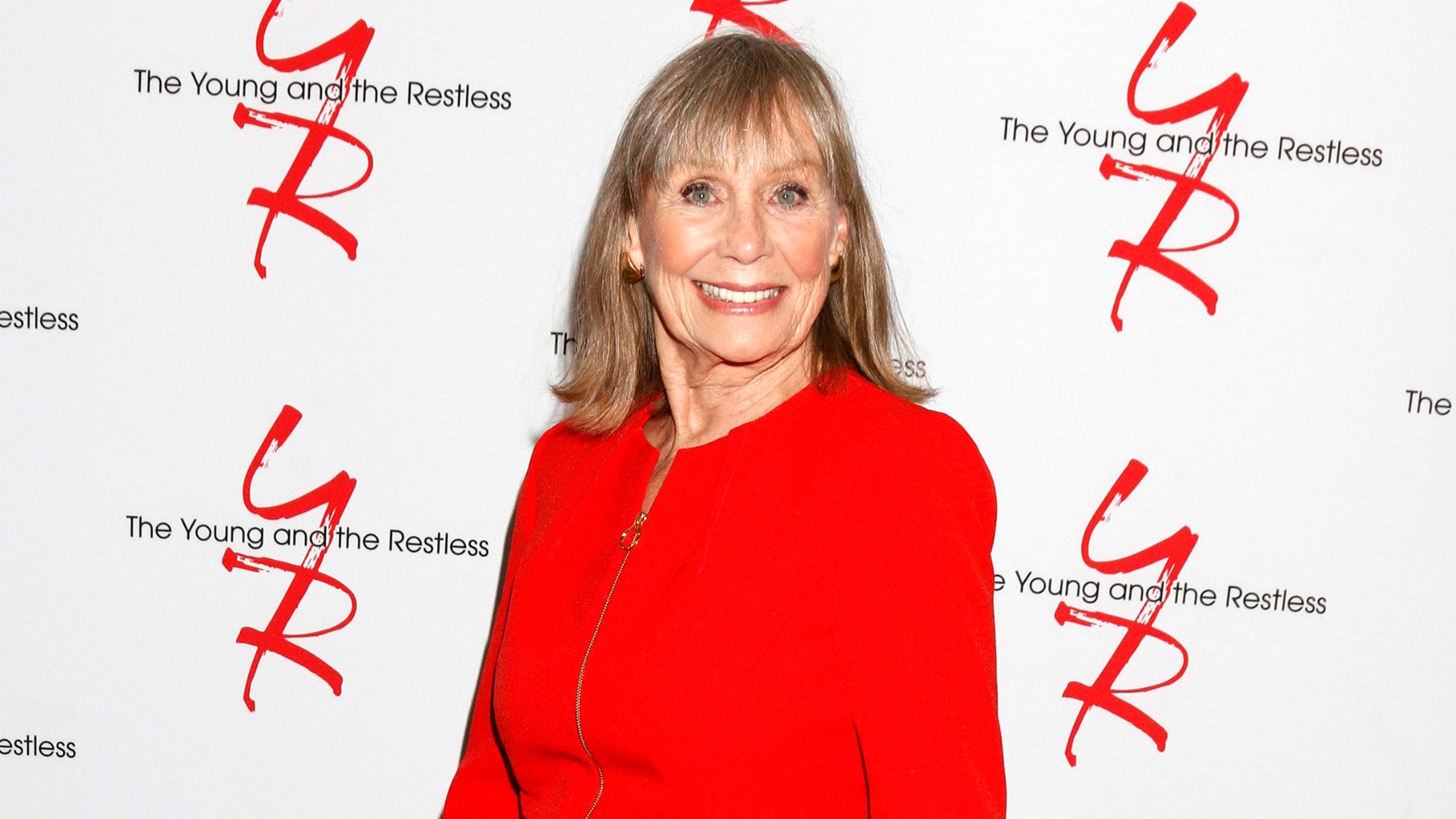Hong Kong Exchange CEO to step down on March 1
Hong Kong Exchange CEO Nicolas Aguzin said on Friday that he would step down and hand over the top job to co-COO Bonnie Y Chan on March 1, about two months before his three-year term formally ends in May 2024.
Aguzin said in a statement that the transition was going “extremely well” and expressed confidence in Chan and the senior management team.
During his tenure as HKEX CEO, Aguzin oversaw the Hong Kong market as it suffered a regulatory crackdown by Beijing during the pandemic, leading to reduced investor enthusiasm for Hong Kong listings.
HKEX’s share price has fallen more than 46% since Aguzin took the helm, plunging from 450.4 Hong Kong dollars ($57.59) a share to HK$242.
BOJ’s Ueda says ‘high chance’ ultra-easy monetary policy will stay even after negative rates end: Reuters
Bank of Japan governor Kazuo Ueda has told the country’s lower house of parliament that “chances are high for easy money conditions to persist for a while even if it scraps its negative interest rates policy,” according to a report by Reuters.
The BOJ governor was responding to questions from an opposition lawmaker in the lower house budget committee of parliament.
Ueda’s view echoed a remark from his deputy Shinichi Uchida, who said on Thursday that the BOJ was “unlikely to raise interest rates aggressively, even after ending its negative interest rate policy,”
— Reuters, Lim Hui Jie
Australia’s central bank governor says that inflation is ‘still too high’
Australia’s central bank governor said that while recent inflation readings are “encouraging,” inflation in the country is still “too high,” adding that the bank only expects inflation to reach the top end of its 2% to 3% target range in 2025.
Michelle Bullock, who took the top job at the Reserve Bank of Australia last August, told the country’s standing committee on economics that the bank aims for inflation in Australia to be at 2.5%, the midpoint of the target range. Australia’s inflation rate was at 4.1% for the fourth quarter.
Bullock said that “An inflation rate with a ‘4’ in front of it is not good enough and still some way from the midpoint of our target.”
As such, she said the RBA “hasn’t ruled out a further increase in interest rates, but neither has it ruled it in” at this stage.
— Lim Hui Jie
Softbank Group shares jump almost 10% on open
Shares of Japan’s Softbank Group jumped almost 10% on open, extending gains from the 11.06% rise recorded on Thursday.
The move comes as chip designer Arm’s shares surged 48% on Thursday, valuing it at over $116 billion.
SoftBank still owns roughly 90% of the outstanding stock, meaning its stake in Arm increased by over $34 billion in a day.

CNBC Pro: This index will beat the S&P 500, with inflation set to be among 2024’s ‘biggest risks,’ BofA says
Bank of America has named the index to own in 2024 over the S&P 500 as inflation is among the “biggest risks” in 2024.
The index identified by the Wall Street bank outperformed the S&P 500 in 2022 when inflation was investors’ prime concern.
CNBC Pro subscribers can read more here.
— Ganesh Rao
CNBC Pro: Beyond the ‘Magnificent 7’: Morningstar’s top strategist names stocks to own instead
Big Tech was the stand-out performer last year, as investors piled into the so-called “Magnificent Seven”: Alphabet, Amazon, Apple, Meta, Microsoft, Nvidia and Tesla.
While tech’s potential — driven in large part by the hype around artificial intelligence — continues to put these stocks in the spotlight, one investment strategist says a number of other companies are more attractive plays right now.
“The Magnificent Seven stocks generally are starting to run out of steam at this point because their valuations are getting pretty full at this point of time,” Morningstar’s Chief Markets Strategist David Sekera told CNBC Pro on Feb. 2.
He named seven other stocks that are highly rated by Morningstar for investors to consider.
CNBC Pro subscribers can read more here.
— Amala Balakrishner
Bitcoin rises above $45,000, its highest level in almost a month
Bitcoin related stocks surged on Thursday as the price of the flagship cryptocurrency rose 3% to its highest level in almost a month.
Shares of crypto exchange Coinbase jumped about 8%, while bitcoin proxy Microstrategy added 15%. In the mining group, CleanSpark rose 12%, Riot Platforms advanced 15%, while Marathon Digital gained 22% and Iris Energy surged 22%.
Traders also point out that bitcoin accumulation by large investors, known as “whales,” has increased in the past two weeks, when the cryptocurrency’s price has been stuck below December and January highs. Bitcoin has a strong setup for 2024 thanks to the introduction of spot bitcoin ETFs as well as the upcoming halving and expectations of rate cuts later this year.
— Tanaya Macheel
Oil rises for fourth day after Israel rejects Hamas ceasefire proposal
Crude oil futures prices rose for the fourth day in a row afte Israel rejected a ceasefire proposal by Hamas.
The West Texas Intermediate futures contract added $2.14, or 2.90%, to trade at $75.98 a barrel. The Brent contract for April gained $2.16, or 2.73%, to trade at $81.37 a barrel.
U.S. crude and the global benchmark are up 2.94% and 3.42% respectively for the week as the Middle East teeters between another round of violent escalation and a possible truce in the Gaza war.
U.S. Secretary of State Antony Blinken is on a diplomatic tour of the region this week in an effort to secure an extended humanitarian pause in Gaza in exchange for the release of hostages by Hamas.
Blinken met Israel Prime Minister Benjamin Netanyahu Wednesday to discuss a counterproposal by Hamas that demands a permanent end to the fighting.
Netanyahu rejected the Hamas’ proposal, vowing to press on to the southern city of Rafah on the border with Egypt and achieve “total victory” in Gaza.
— Spencer Kimball
Fed’s Barkin the latest to advise patience on rate cuts
Richmond Federal Reserve President Thomas Barkin joined the chorus of cautious central bankers, saying in a speech Wednesday that the fight against inflation isn’t over yet.
Speaking to the Economic Club of New York, Barkin noted the progress against higher prices, but warned that “the plane has not landed yet.”
“So, it’s possible that we will return to the pre-pandemic economy pretty seamlessly. It is also possible that the landing might be somewhat bumpier, with continued inflation pressure or demand challenges that we will need to counteract,” he said in prepared remarks. “That’s why I think it is smart for us to take our time.”
Worries include a changing labor market with higher wage pressures, a housing market were prices are elevated because of a dearth of supply, and the trend of deglobalization after snagged supply chains in the early days of the Covid pandemic helped generate the rise in inflation to hits highest level in more than 40 years.
There’s also a history of the Fed letting up too soon during earlier cycles.
“The Fed is committed to returning inflation all the way to 2 percent. As I think about that commitment, I can’t help but look to lessons from the past. History tells many stories of inflation head-fakes,” added Barkin, who is a voting member this year of the rate-setting Federal Open Market Committee.
—Jeff Cox

Jessica Roberts is a seasoned business writer who deciphers the intricacies of the corporate world. With a focus on finance and entrepreneurship, she provides readers with valuable insights into market trends, startup innovations, and economic developments.





:max_bytes(150000):strip_icc():focal(744x280:746x282)/travis-kelce-taylor-swift-dana-theobald-042624-1-b4ebadd29ee247d4b3ef8e4d8accb18a.jpg)

